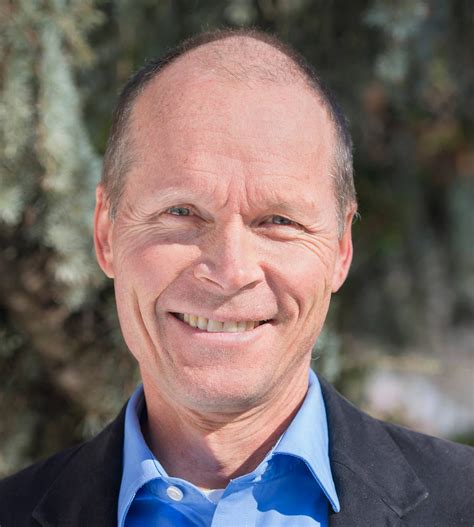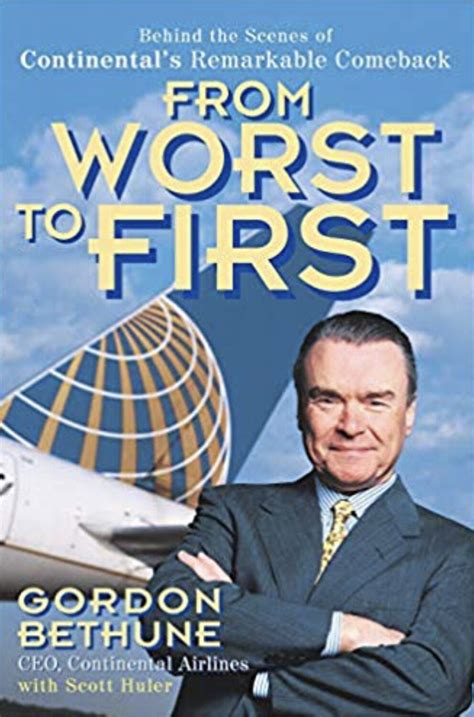A Quote by Bertrand Russell
By self-interest, Man has become gregarious, but in instinct he has remained to a great extent solitary; hence the need of religion and morality to reinforce self-interest.
Related Quotes
We need to graduate from the ridiculous notion that greed is some kind of elixir for capitalism - it's the downfall of capitalism. Self-interest, maybe, but self-interest run amok does not serve anyone. The core value of conscious capitalism is enlightened self-interest. As Jim Cramer on CNBC says, "Bulls make money, bears make money, pigs get slaughtered."
There is no self-interest completely unrelated to others' interests. Due to the fundamental interconnectedness which lies at the heart of reality, your interest is also my interest. From this it becomes clear that "my" interest and "your" interest are intimately connected. In a deep sense, they converge.
The genius of capitalism lies in its ability to make self-interest serve the wider interest. The potential of a big financial return for innovation unleashes a broad set of talented people in pursuit of many different discoveries. This system, driven by self-interest, is responsible for the incredible innovations that have improved so many lives.
As I see it, there are two great forces of human nature: self-interest, and caring for others. Capitalism harnesses self-interest in a helpful and sustainable way, but only on behalf of those who can pay. Government aid and philanthropy channel our caring for those who can't pay. But to provide rapid improvement for the poor we need a system that draws in innovators and businesses in a far better way than we do today.
You know policy is driven purely in self interest. The Federal Reserve Bank and the commercial banks and the Wall Street banks are not acting in the interests of the population at large, they're acting purely in their own self-interest, which is a shame because they're actions dictate the reality for 300 million Americans. But they don't see it that way, they see it only as a way to preserve their own self-interest.

































